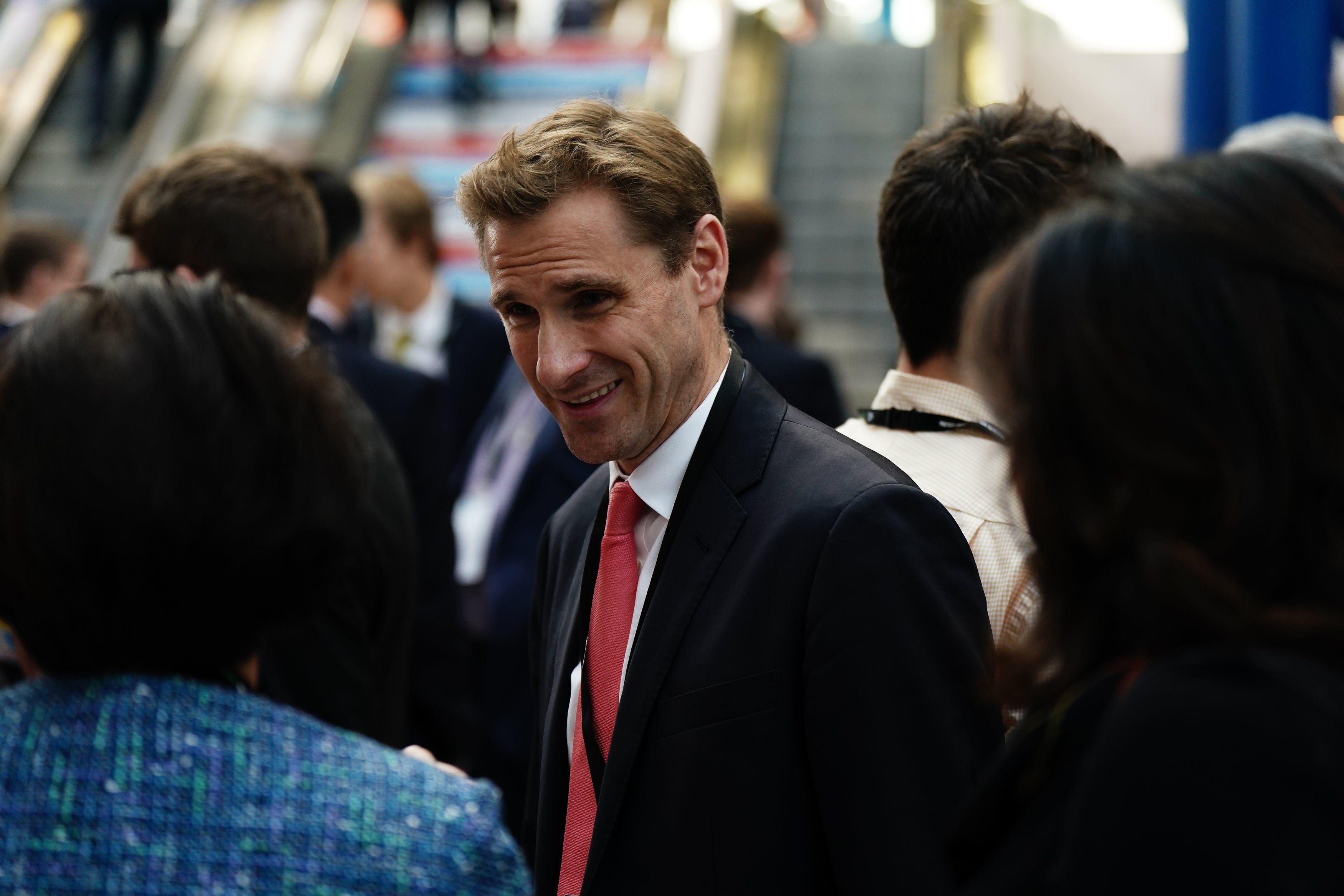Martin Lewis brands government’s stamp duty savings claim ‘irresponsible nonsense’
Money Saving Expert founder criticises Treasury for giving public ‘false hope’ and implying a £30k salary could buy £500k home
Your support helps us to tell the story
From reproductive rights to climate change to Big Tech, The Independent is on the ground when the story is developing. Whether it's investigating the financials of Elon Musk's pro-Trump PAC or producing our latest documentary, 'The A Word', which shines a light on the American women fighting for reproductive rights, we know how important it is to parse out the facts from the messaging.
At such a critical moment in US history, we need reporters on the ground. Your donation allows us to keep sending journalists to speak to both sides of the story.
The Independent is trusted by Americans across the entire political spectrum. And unlike many other quality news outlets, we choose not to lock Americans out of our reporting and analysis with paywalls. We believe quality journalism should be available to everyone, paid for by those who can afford it.
Your support makes all the difference.Martin Lewis has branded a government claim over stamp duty savings as “irresponsible nonsense”.
The consumer champion said messaging from the Treasury could give some people “false hope” about buying properties during the cost-of-living crisis.
A Treasury post on Twitter said: “Thanks to the Growth Plan, a typical first-time buyer in London moving into a representative terraced house will save £11,250 on stamp duty & £1,050 on the household’s energy bills – and if they earn £30,000 almost an additional £400 on tax. This is around £12,700 in total.”
The Money Saving Expert (MSE) founder retweeted the post, writing: “This is nonsense. To make that stamp duty saving you’d need to be buying a £500,000+ property. With 10% deposit, cheapest fix mortgage would cost £2,400/mth (£28,000/yr). How can someone on £30k afford that. I am asking treasury to remove. “
Mr Lewis then questioned Treasury Chris Philp over the claim on ITV’s Good Morning Britain on Monday
“Your example is for somebody who earns £30,000 a year”, Mr Lewis said. “Clearly, they would not get that mortgage. And clearly on £30,000 a year before tax you cannot pay a mortgage of £28,000 a year.
“This seems fundamentally irresponsible for the Treasury to be putting out this kind of statement in the middle of a cost-of-living crisis.”
Mr Philip admitted he had not seen the message.
“But I imagine, I’m just sort of speculating, when they used the £30,000 to work out the tax saving, they were doing that to illustrate the income tax saving of someone on approximately medium earnings,” he added.
“You are right to point out that someone on that particular level of earnings would be unlikely to be able to get a mortgage to fund a £500,000 house, unless, of course, they were doing so with a partner, but I suspect that’s why they did it.”

Mr Lewis replied: “It doesn’t mention the partner’s income and the headline includes all the savings added in one…”
He later asked Mr Philp: “Can I ask you to look at those messages? These are big, bold messages… to have them taken offline in the middle of a cost-of-living crisis, where they give people false hope?”
He added: “Can I ask you to personally take a look at that? It seems irresponsible at the moment.”
Mr Philp said: “You’re right to point out the anomaly between the salary and the house value and I’d be happy to take a look at it.”
The choice of mortgage products on the market fell sharply following the mini-budget, as many lenders pulled deals off the shelves and re-priced their products upwards.
For some home-buyers, higher mortgage rates could outweigh any stamp duty savings they may stand to make.
According to Moneyfacts.co.uk, there were 2,262 residential mortgage products available on Monday October 3, down from 3,961 on the day of the mini-budget.




Join our commenting forum
Join thought-provoking conversations, follow other Independent readers and see their replies
Comments